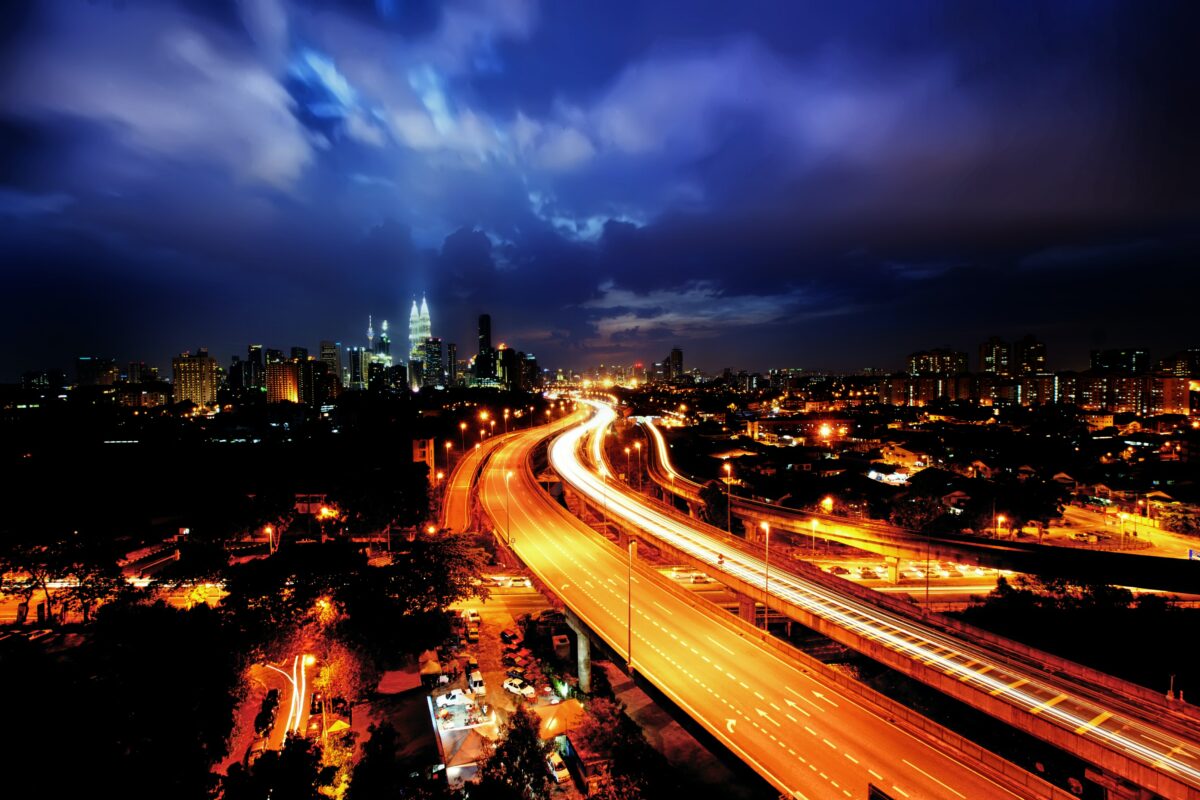Can a Smart City be Sustainable in the Developing World?
For thousands of years there has been a steady growth around most parts of the globe, but this has changed drastically since the Industrial Revolution. According to the UN, more than half of the global population live in cities. Developing nations are experiencing increased urbanisation compared to the developed nations, which now has raised problems such as demand and supply gaps in infrastructure services and utilities, and an increase in traffic congestion, pollution and a significant decrease in natural green cover. Many such prevalent issues will get worse over the coming years, especially in developing countries.
In the past few decades, strategic planning for urban growth has been oriented towards making cities more sustainable and liveable which is why the developed nations came up with the concept of the ‘Smart City’ development as a sustainable approach to these growing urban problems. Similarly, in order to cope with increasing urbanisation, developing countries have started to adopt the idea of smart cities; focusing mainly on infrastructure, they ignore the fact that the countries are already struggling to provide people with basic amenities.
The aim of this paper is to evaluate the current scenario of smart and sustainable development in the developed and developing world through reviewing literature and to find out whether or not the smart cities of the developing world are sustainable by means of case studies.











